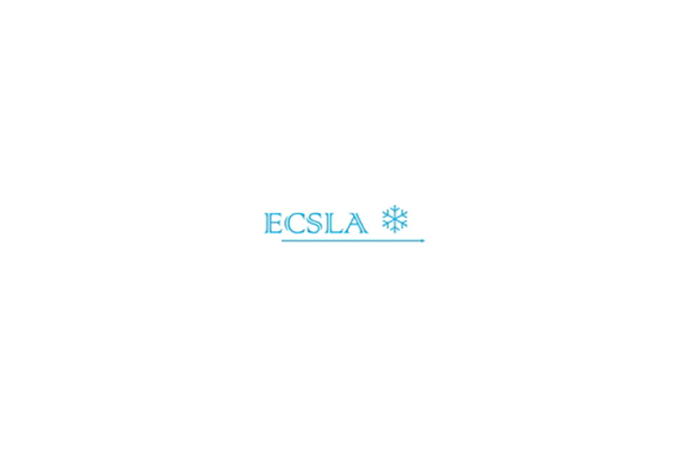At the two-day UNIDO ATMOsphere Technology Summit, speakers from Danfoss, Carrier, Nestlé and Eurammon shared their experiences with natural refrigerants in developing countries. Raising awareness of safety practices and delivering training of a high standard are identified as crucial for the successful proliferation of natural solutions in developing countries.

At the UNIDO ATMOsphere Technology Summit, in Vienna, Austria, speakers from Danfoss, Carrier, Nestlé and Eurammon showcased their experiences in dealing with natural refrigerants in developing countries. As ammonia and ammonia/CO2 cascade refrigeration systems have been increasingly used in developing countries, raising awareness of safety practices is becoming more and more important.
Well-defined launch strategy for natural refrigerant products is essential in new markets
Lothar Serwas from Carrier introduced Carrier’s experience in introducing natural refrigerant products to the commercial and industrial refrigeration sectors based on Carrier’s more than 60 ammonia plants in Europe. Serwas emphasised that having a well-defined launch strategy was essential for the introduction of naturals. Carrier’s experience indicates that in launch countries, it is essential to build local service and start-up capabilities to ensure the sustainability and independence of a natural refrigerant project. According to Serwas, Carrier has introduced a multiple level service training approach (Basic level, Qualified level, Expert level, Central Support, and R&D Team) in its natural refrigerant projects to provide support for local service and engineering teams. In the future, Carrier is willing to adopt the approach to develop more pilot projects with natural refrigerants in developing countries.
Successful proliferation of natural solutions requires raising awareness of safety practices
The presentation by Torben Funder-Kristensen, Head of Public Industry Affairs of Danfoss, discussed the importance of raising awareness of safety practices. To highlight the importance of safety considerations, needed to ensure a safe use of components, Mr Torben Funder-Kristensen presented a case study of an education programme in Brazil. The case study also related how these practices have led to concrete examples of successful natural solutions in Brazil. By building safety into the components and by taking measures to ensure the safe and responsible use, Danfoss now allows its control systems and components for natural refrigerants to be sold globally.
According to Danfoss, many parameters have to be observed to ensure a sustainable choice that encompasses efficiency, safety and cost. Not observing these factors is a direct risk to the successful proliferation of climate friendly refrigerants. A single mishap, whether due to a failure of safety or due to a failure to provide the promised reduction in operating costs can have far-reaching consequences.
Ammonia /CO2 systems installed in Africa achieve high energy efficiency
In the presentation of Bernd Kaltenbrunner from Eurammon, case studies from two South African supermarkets that use R717/R744 cascade systems was presented. The two selected supermarket stores in Johannesburg and in Cape Town are located in different climate zones. Both supermarkets replaced HCFC-22 with natural refrigerants in their refrigeration systems, which not only solved the leakage problem but also achieved an improvement in energy efficiency of between 19 and 20% compared to other systems.
Nestlé is stepping up investments in natural solutions in developing countries
Vincent Grass from Nestlé introduced the company’s experiences of dealing with natural refrigerants in developing countries. In order to overcome the hurdle of lack of competencies in developing countries, Nestlé introduced a series of solutions including standards-making, “safe by design” service, training, and education, on natural refrigeration.
Nestlé now has 468 factories in 86 countries, of which over 90% use ammonia, hydrocarbons and CO2 systems. Among the less than 10% of non-natural refrigerant installations, most of which are located in developing courtries, several are air conditioning systems. Vincent Grass said that Nestlé is currently seeking natural solutions for these air conditioning systems . For example, Nestlé has installed a 100kw NH3 enclosed packaged ammonia chiller ub a factory, and a centralised chilled water system with ammonia for its new regional head office in Africa. In China, CO2 systems for small low temperature cold stores are installed to the northern part of the country. A centralised chilled water system with ammonia for a new R&D centre in India has also been established. At the end of his presentation, Nestlé’s Vincent Grass stressed that end–users cannot do it alone when introducing natural solutions to developing countries. More needs to be done by governments and industrial stakeholders.
MORE INFORMATION
Related stories


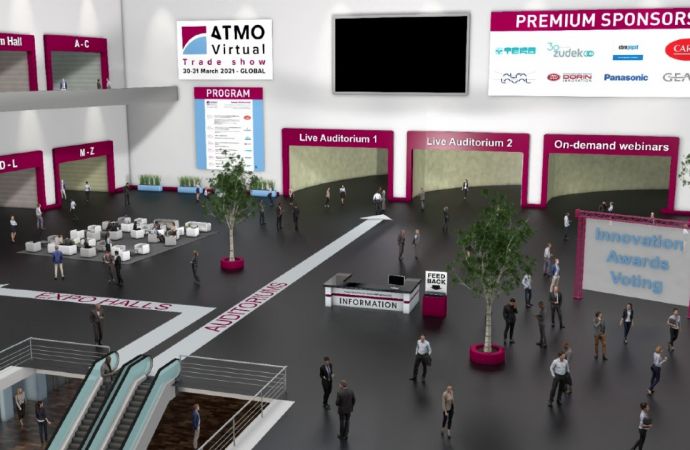
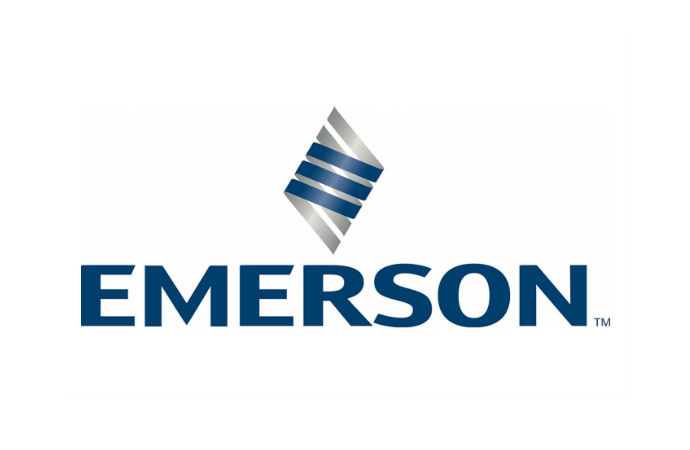
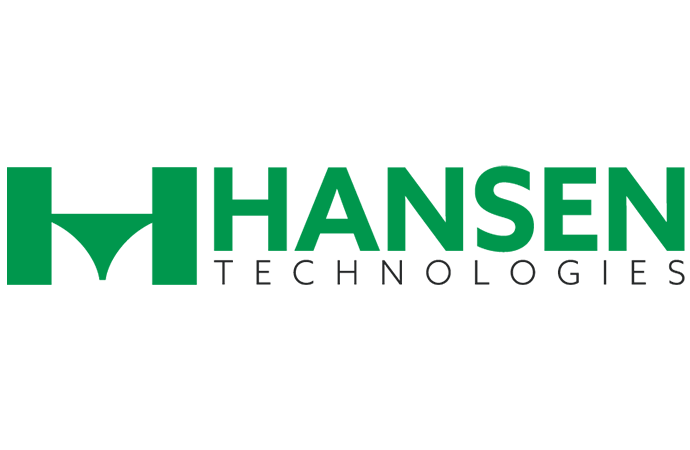
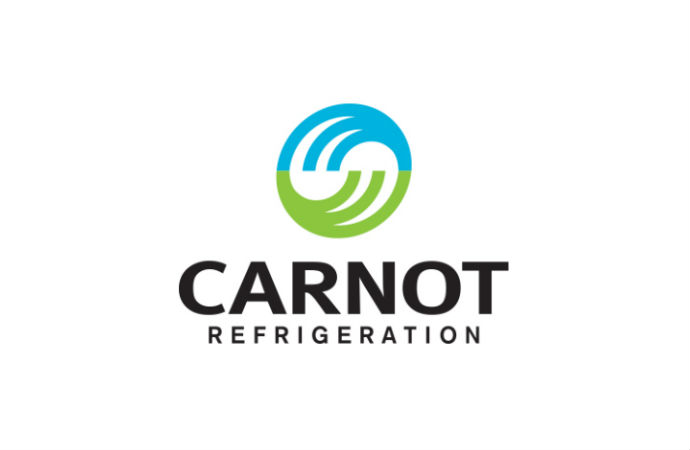
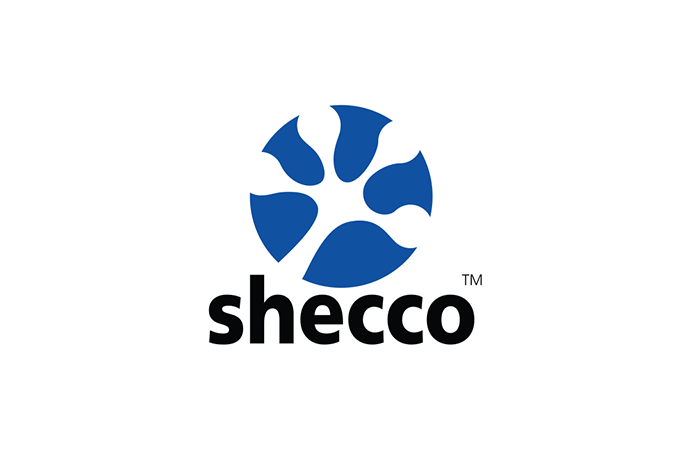
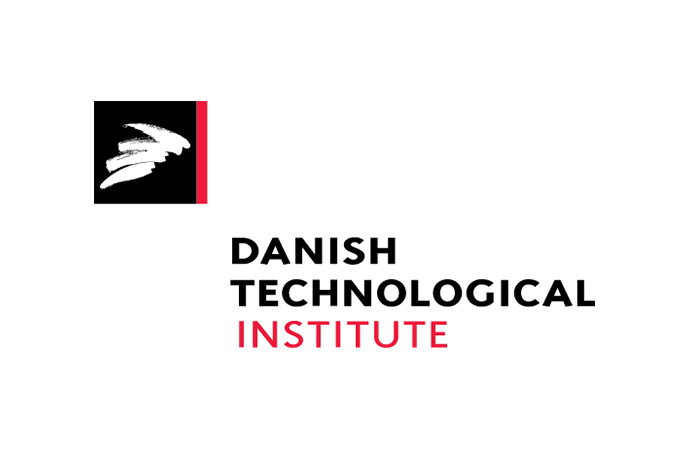

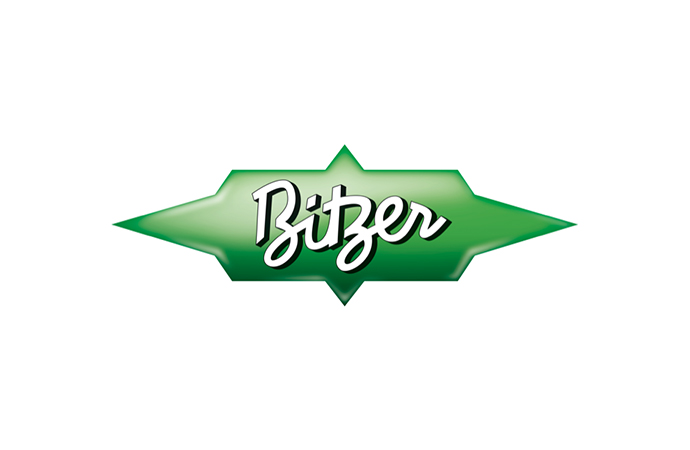
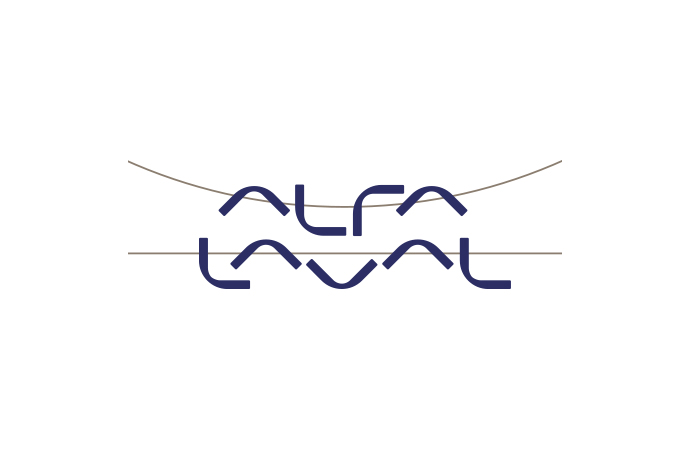
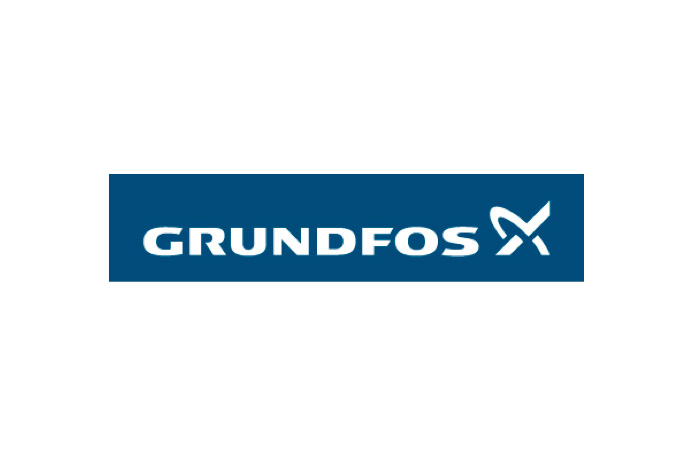
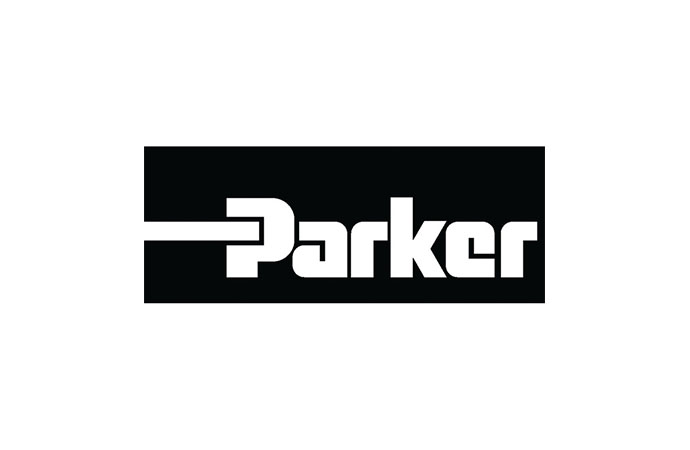
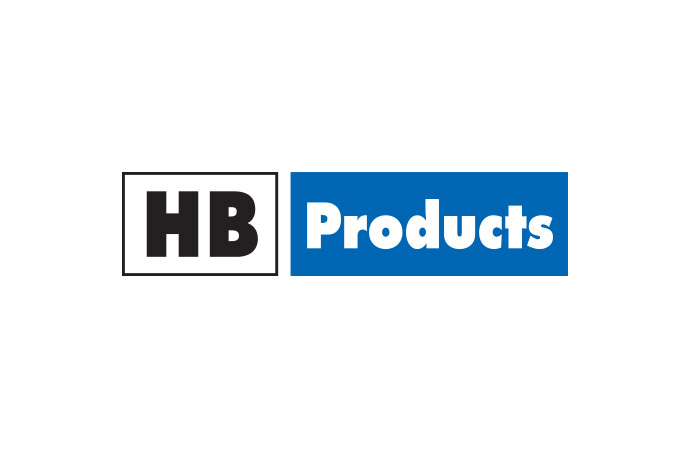

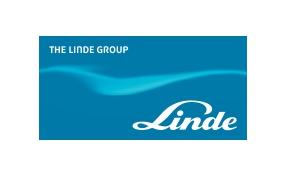
_1522327086.png)
